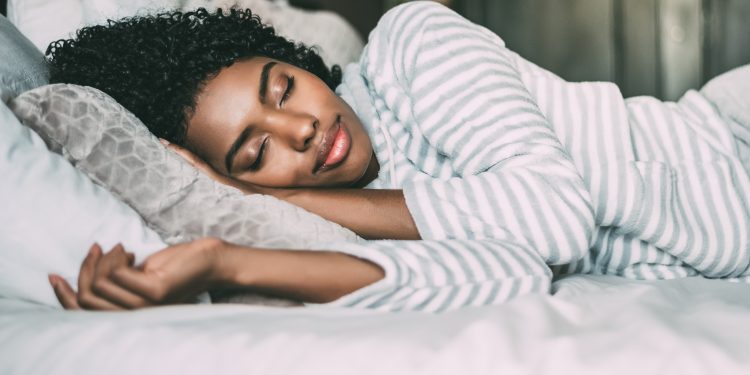By Jonathan Chung, DC
Chronic Traumatic Encephalopathy (CTE) has played an important role in bringing awareness to the long-lasting problems associated with repetitive head injuries. The high-profile deaths and autopsies, like NFL linebacker Junior Seau’s, have put contact sports under the microscope as public concerns about concussions have increased dramatically.
The heightened public awareness and scrutiny have created some major positive changes. Professional and amateur sports organizations are taking head injuries more seriously. Every sport now has specific concussion protocols. The days of an athlete getting knocked unconscious and being put back into the game the same day have almost become a thing of the past. The heightened awareness has also led to an explosion in research on traumatic head injuries, which are leading to more effective management strategies for concussion.
While most changes have been positive, some downsides come with greater public awareness of medical issues. In recent years, we have more patients and parents who have become hypervigilant about the effects of concussion. When patients become hypervigilent, there are higher risks for psychosomatic symptoms by a nocebo effect that can lead to prolonged symptoms. Some parents are so worried that a concussion will inevitably lead to CTE, they are stopping their kids from playing sports.
Let me be clear: Anytime someone has a concussion, it’s a serious injury. We shouldn’t take any trauma to the brain lightly. But here is the reality about most concussion injuries: The vast majority get better without any outside help or intervention. Upwards of 85% of patients will have symptomatic resolution of their injury within 30 days.
And CTE? The jury is still out about concussion and CTE. Since concussion research has exploded in the past 20 years, so has CTE research. A lot more is now known about CTE. The pathology that makes up CTE has been found in some autopsies without any recorded history of head injury or repetitive head contact. There’s also been CTE pathology in the brains of patients who didn’t have any reported CTE symptoms.
The majority of evidence suggests that when CTE pathology gets out of hand, it can cause severe psychological and neurological problems. It also appears that most cases are related to occupations that feature a lot of repeated head contact.
What does that mean for you if you’ve had one or even a few concussions? We don’t know anything for sure, but it doesn’t seem like CTE is going to be high on the list of expectations.
There are some things that you SHOULD be concerned about if you’ve suffered a concussion. Here are my top four:
- Outdated treatment recommendations: Twenty years ago, we used to believe that patients with concussion should rest their brains until their symptoms went away. It was called cocooning. In the last 10 years, the best evidence suggests that this is the wrong way to treat a concussion patient. We now know that early use of controlled exercise and activity appear to improve recovery significantly compared to strict rest.
But like all things, it takes time for research to translate into practice, and many doctors still prescribe strict rest because they are not caught up on current evidence.
- Cervical injuries: Neck injuries are really common after a concussion, but are often not acknowledged or treated. Recent evidence has shown that neck injuries with concussion leads to delayed recovery. We also know that injuries to the neck present with similar symptoms to concussion, and have a higher likelihood of prolonged symptoms.
- Vestibular/Ocular Dysfunction: Concussions commonly affect the areas of the brain responsible for balance and eye movements. Injuries to these areas can leave patients with symptoms of dizziness and imbalance, but can also have profound effects on cognition. This is why vestibular therapy has become a standard part of concussion management.
- Sleep and Mental Health: Patients who suffer concussion are much more likely to report major depression or post-traumatic stress disorder compared to patients with major orthopedic injury. Mental health issues may also be a factor in sleeping problems. Concussion patients are 30% more likely to have a sleep disorder such as insomnia, daytime drowsiness, and sleep apnea.
We should all worry about our future brain health because it is the only one we’ll ever get. However, it’s not the main thing a current concussion patient needs to obsess about. There are enough problems associated with a concussion that are impacting your life right this moment, and the good news is that many of these things are very treatable.
Jonathan Chung, DC, is the founder and upper cervical chiropractor at Keystone Chiropractic and Neuroplasticity in Wellington, Florida. Learn more about their cervical vestibular rehabilitation program at www.chiropractickeystone.com




















